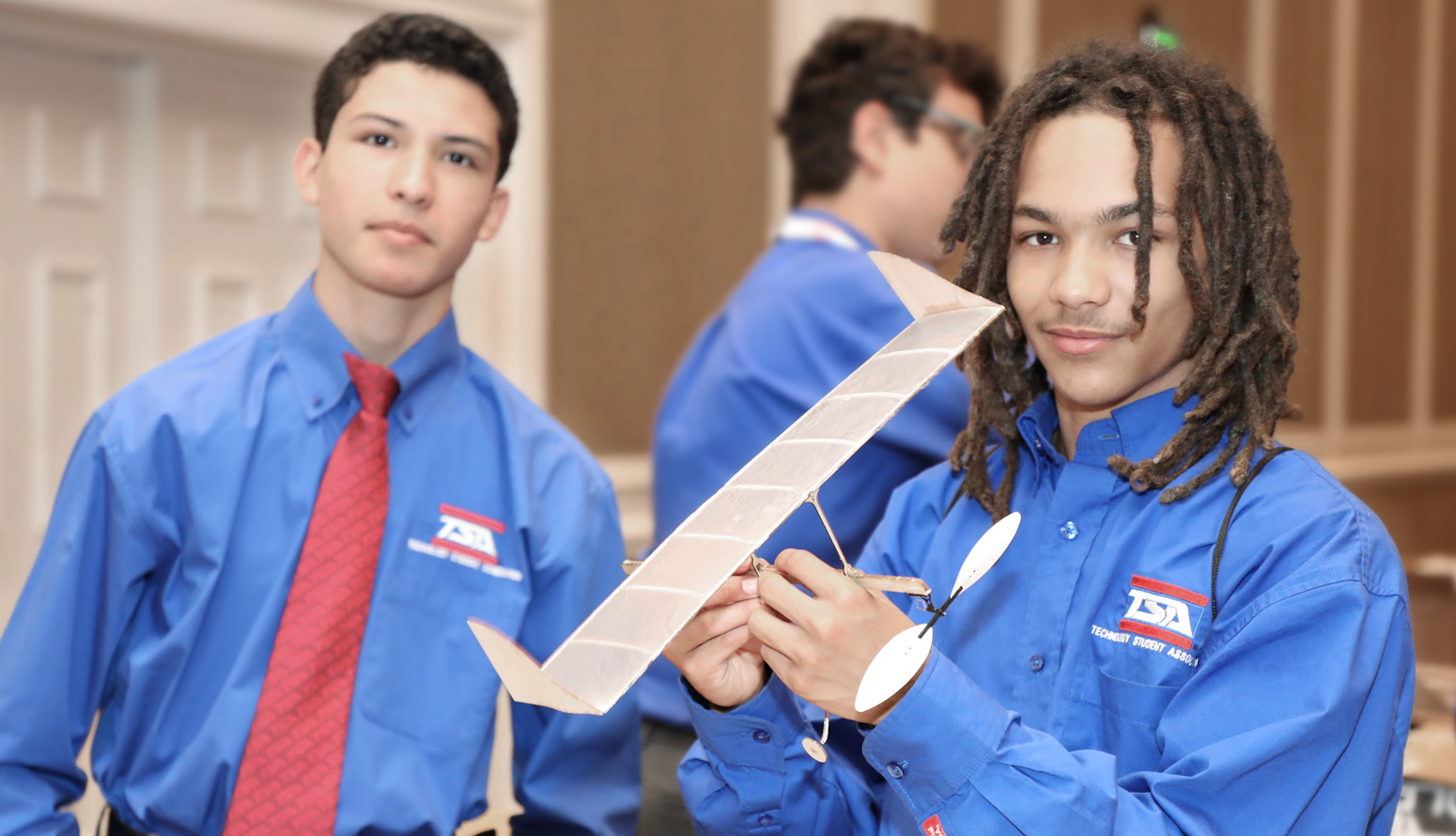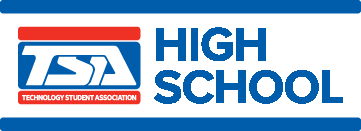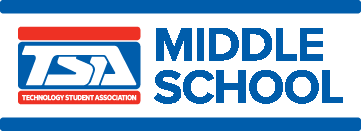In the High School Competitive Events Guide for the 2025 and 2026 National TSA Conferences, TSA offers 40 high school competitions. The eligibility chart provides the eligibility requirements for each competition and is applicable to the national TSA conference. (State delegations may choose to alter their events for local conferences. Click on your state to preview the requirements pertaining to your regional and/or state conferences.)
Children's Stories
Coding
Computer-Aided Design (CAD), Architecture
Computer-Aided Design (CAD), Engineering
Data Science and Analytics
Debating Technological Issues
In the Middle School Competitive Events Guide for the 2026 and 2027 National TSA Conferences, TSA offers 37 middle school competitions. The eligibility chart provides the eligibility requirements for each competition and is applicable to the national TSA conference. (State delegations may choose to alter their events for local conferences. Click on your state to preview the requirements pertaining to your regional and/or state conferences.)


